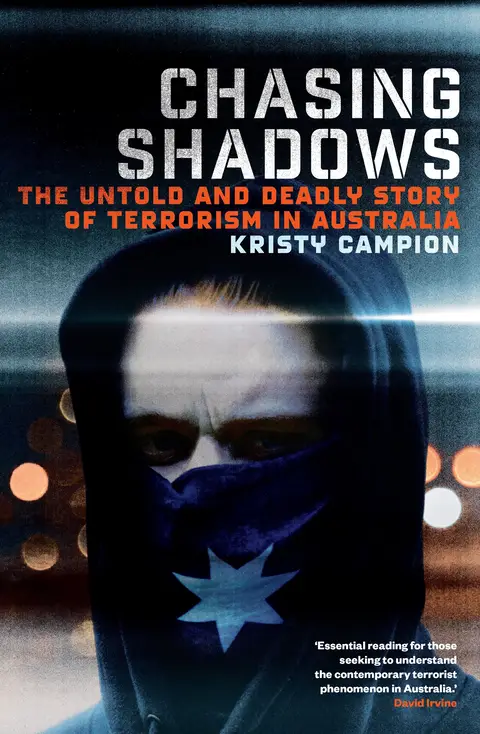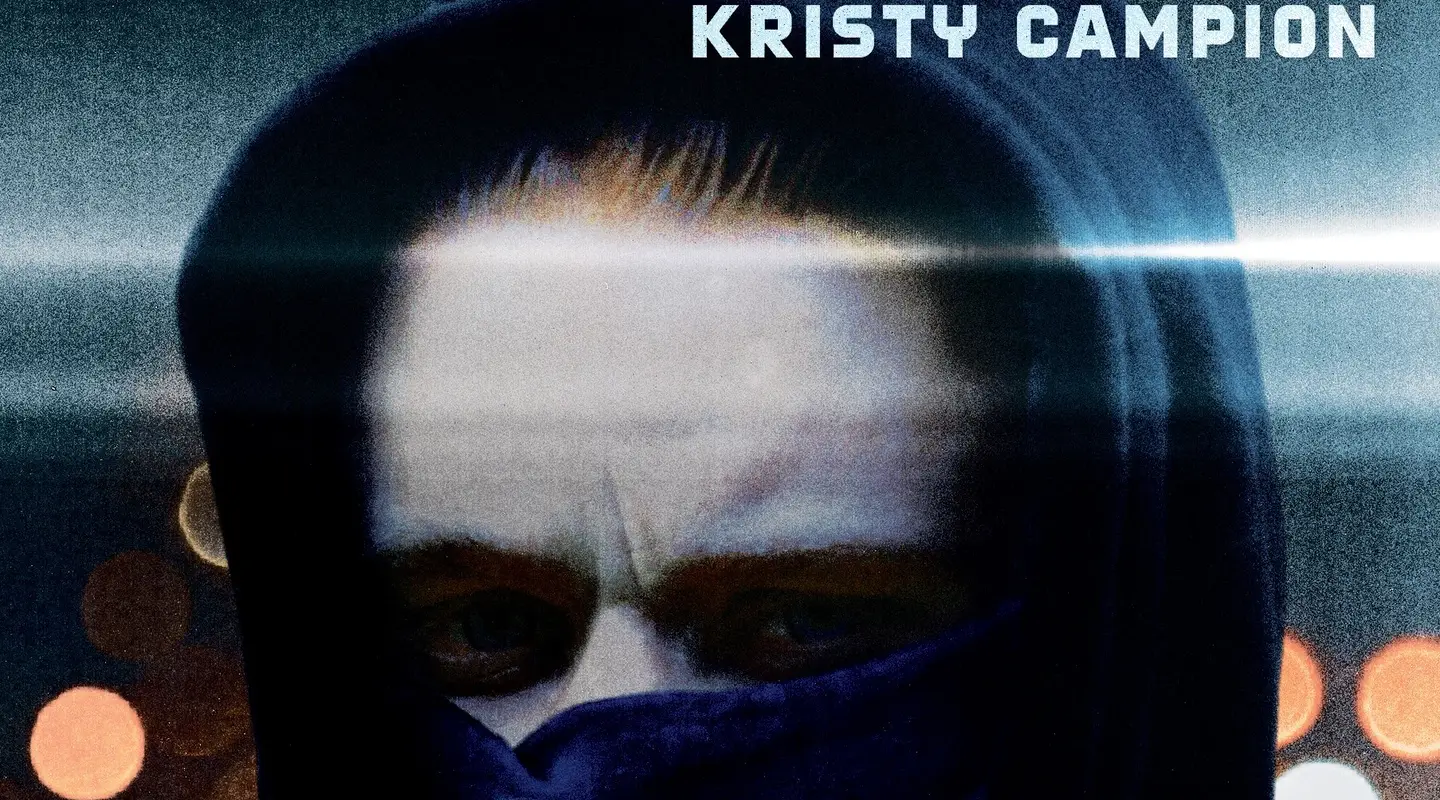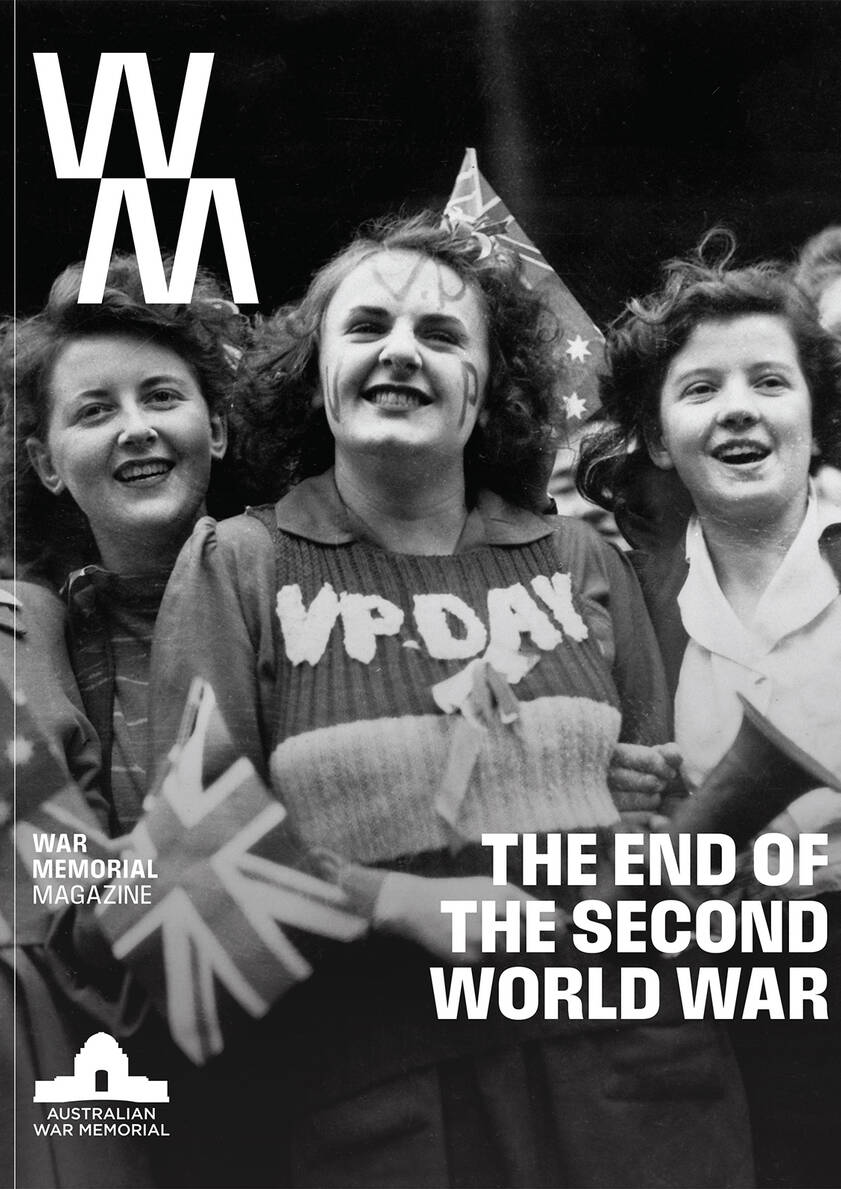The first dedicated history of terrorism in Australia, Chasing Shadows is perhaps at its most impactful when detailing the Australian experience of the War on Terror.
 +
+
Chasing Shadows: The untold and deadly story of terrorism in Australia
By Kristy Campion
Details: Non-Fiction, published 2022.
Format: Paperback, illustrations/photographs, 392 pages.
The first dedicated history of terrorism in Australia, Chasing Shadows is perhaps at its most impactful when detailing the Australian experience of the War on Terror. Events such as the Bali bombings, the Lindt Café siege, and the impact of the viral influence of Al-Qaeda, Islamic State and other jihadist extremist movements in Australia remain shocking not only for their cruelty, but for their apparent foreignness: the sense of something alien and abnormal rupturing normalcy.
While undeniably heavily focused on the 20th century, the book’s breadth and scope put paid to the notion that terrorism and extremist ideology only happen somewhere else. Beginning with the attempted assassination of Prince Alfred by an Irish republican in 1868, Chasing Shadows emphasises the ongoing effects of political and religious extremism in an internationally connected Australia. (Put another way: if terrorism was introduced to Australia, the process began with European colonisation).
Chasing Shadows presents comprehensive, reader-friendly accounts of Australian experiences of pro-Palestinian terrorism in the 1970s; the Croatian ultranationalist Ustaša in the 1960s; and extreme right-wing white supremacist ideology, highlighted by the Christchurch massacre (by an Australian citizen), but recurring with disheartening regularity to this day.
Shorter sections explore the impact of cult movements such as Aum Shinrikyo (the Japanese group responsible for the 1995 Tokyo metro sarin attack) and Ananda Marga (linked to the 1978 bombing of the Sydney Hilton). While undeniably fascinating, their inclusion under the rubric of “terrorism” seems anomalous, despite fitting neatly into Campion’s description of “the core of extreme ideology … the belief in the perfectibility of the world”.
If I were to level one criticism at the book, it would be that this explanation of the logic of extreme ideology is too vague and simplistic to be of much use. Beyond this quibble with the book’s introduction, I found Chasing Shadows to be a highly engaging, well-researched history. Its many points of intersection with Australian military history – and, indeed, current events at the time of writing this review – make this a thoroughly timely work.


